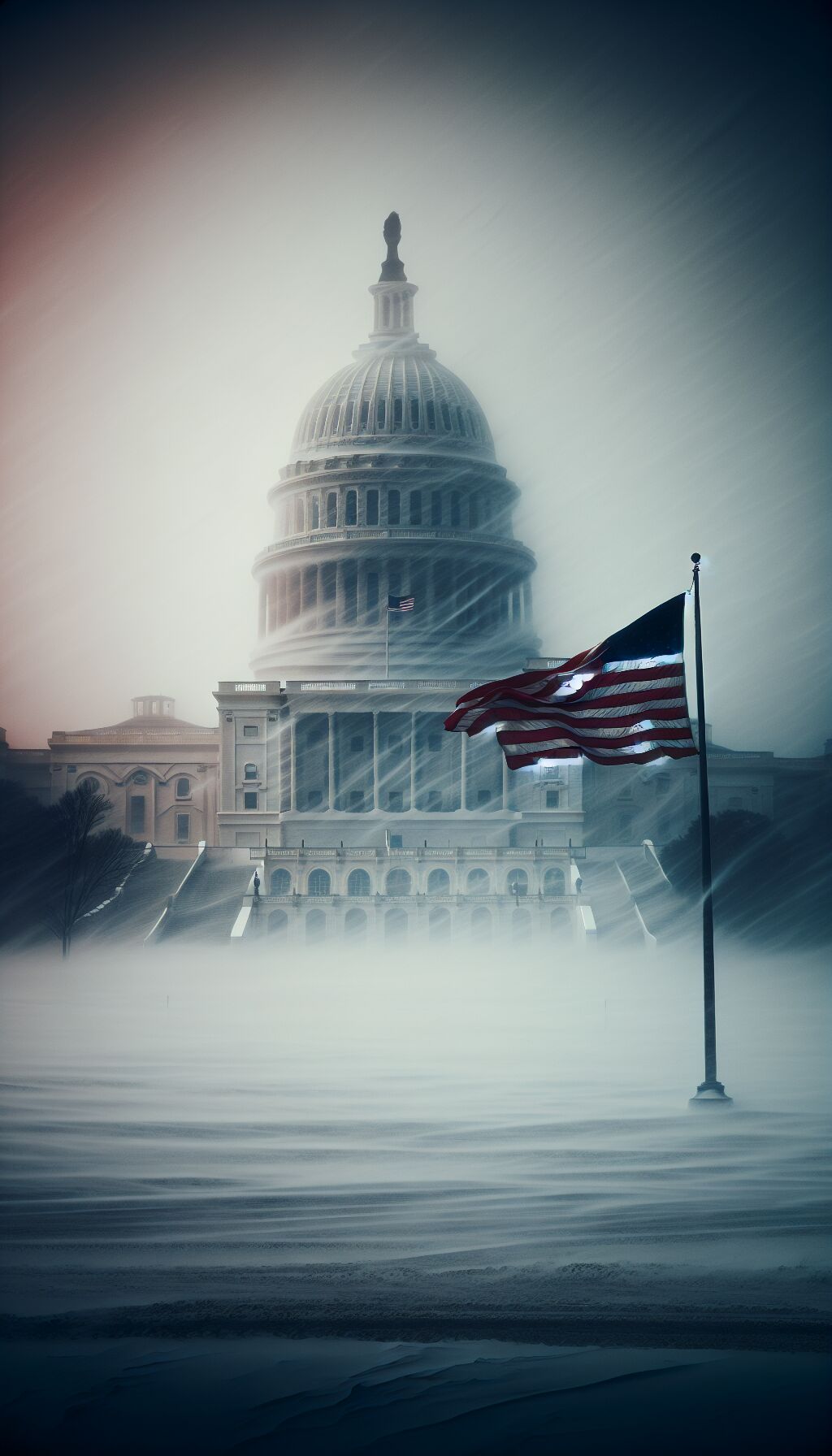Biden’s Controversial Pardon for Hunter Biden Sparks Criticism
On Monday, President Joe Biden faced a barrage of criticism following his decision to issue a sweeping pardon for his son, Hunter Biden. Detractors were quick to point out not only the extensive nature of the pardon but also how it starkly contrasts with the president’s prior declarations about the importance of an independent judiciary as a safeguard against executive overreach.
A Shift from Judicial Principles
Biden had previously expressed strong concerns regarding what he termed “dangerous precedents” relating to executive power. In a speech delivered in July, he took aim at a Supreme Court ruling that expanded the scope of presidential immunity.
“This nation was founded on the principle that there are no kings in America,” Biden asserted during that address. “No one is above the law, not even the president of the United States.” His remarks were a direct response to the Supreme Court’s decision on July 1, which he argued fundamentally shifted the balance of powers in the American political landscape.
The Supreme Court Decision
In this ruling, a 4-3 majority of justices asserted that presidents are entitled to absolute immunity for actions taken within the realm of their “core constitutional powers.” This interpretation, Biden claimed, suggested that there were virtually no limitations on presidential authority.
“With today’s Supreme Court decision on presidential immunity, that fundamentally changed,” he noted in July, raising alarms about the risks associated with an unchecked executive branch. He emphasized that the presidency is not only about exercising power effectively but also about recognizing the necessary boundaries that come with such power.
Contradictory Actions
Fast forward six months, and Biden is now embroiled in controversy for his recent decision to pardon Hunter Biden, which has garnered sharp rebuke from various lawmakers and legal analysts alike. The pardon uniquely protects Hunter from any federal crimes he has “committed or may have committed” during the period from January 1, 2014, to December 1, 2024. Critics have described this move as a stark deviation from Biden’s earlier commitments to uphold the law and the integrity of the justice system.
In announcing the pardon, President Biden defended his son against what he characterized as an “unfair investigation” and a prosecution contaminated by political motivations, leading to what he described as a “miscarriage of justice.”
Defending Hunter’s Integrity
“No reasonable person who looks at the facts of Hunter’s cases can reach any other conclusion than Hunter was singled out only because he is my son — and that is wrong,” the president stated in a public announcement regarding the pardon.
Political Repercussions
Critics are concerned that Biden’s decision may further tarnish the public’s perception of the Justice Department, strengthening former President Donald Trump’s long-standing claims that it is a political entity susceptible to “weaponization” rather than a neutral body striving for impartial justice. Ryan Williams, a veteran Republican strategist, expressed that Biden’s actions could lend credibility to such assertions.
Biden’s pardon of Hunter is seen by some as endorsing Trump’s narrative regarding the politicization of the Justice Department, further complicating public trust in its ability to operate independently of political influence. Williams remarked, “Biden is essentially endorsing Trump’s long-held opinion that the Department of Justice is politicized and isn’t acting impartially.”
Ongoing Debate
The pardon has sparked a heated debate about the ethical implications of executive pardons and the potential for their misuse. While presidents have the constitutional right to issue pardons, the manner and context in which they do so can raise significant ethical questions, particularly when family members are involved.
With Biden’s approval ratings already under pressure due in part to inflation and economic uncertainty, this decision could have implications for his political capital. As criticisms mount from both sides of the aisle, Biden’s administration will need to navigate the fallout from this unprecedented pardon maneuver.
Conclusion
As the nation grapples with this latest political controversy, the implications of Biden’s decision are yet to be fully realized. The dialogue surrounding the independence of the judiciary and the role of the executive in providing pardons will likely continue to evolve, keeping the administration on its toes as it weather this storm of criticism.










